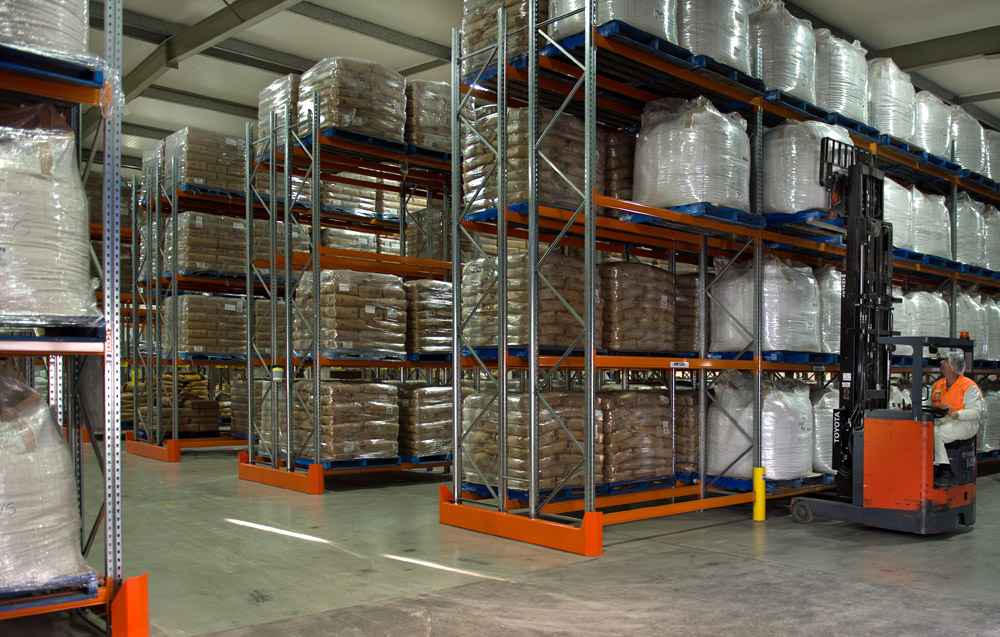Introduction
Food safety and security is an essential facet of contract food manufacturing in Australia. With the growing need for benefit and also ready-to-eat products, agreement food makers play an essential duty in producing risk-free and top quality foodstuff. In this short article, we will certainly check out the laws and also guidelines that control contract food manufacturing in Australia, making certain that customers can rely on the products they purchase.
Understanding Contract Food Manufacturing
Contract food production entails contracting out the manufacturing of foodstuff to a specialized supplier. This allows firms to concentrate on various other aspects of their business while ensuring that their products are generated according to contract food manufacturing australia sector standards. These suppliers have specialized facilities, tools, and knowledge to fulfill the particular needs of various food products.
What is Contract Food Manufacturing?
Contract food manufacturing refers to the procedure of hiring a third-party maker to produce foodstuff on behalf of a firm. The agreement manufacturer cares for numerous stages of production, including sourcing active ingredients, processing, product packaging, labeling, as well as also circulation. This plan allows firms to scale up their manufacturing without buying extra framework or manpower.


Benefits of Agreement Food Manufacturing
Cost Efficiency: By contracting out manufacturing to a contract supplier, business can save money on costs connected with infrastructure, tools, labor, as well as governing compliance. Expertise and also Field of expertise: Contract producers have substantial knowledge as well as experience in generating particular types of food, making sure premium quality and also consistency. Scalability: As need for an item enhances, agreement makers can promptly scale up production without disruptions. Focus on Core Competencies: Companies can focus on marketing, sales, and product growth while leaving the production process to experts. Access to New Markets: Agreement manufacturers usually have actually developed circulation networks that can help firms increase their reach right into new markets.Australian Rules for Contract Food Manufacturing
Australia has rigorous policies and standards in position to make sure the security and also top quality of food products. Contract food suppliers have to abide by these laws to run lawfully and fulfill customer expectations.
Food Safety and security Standards Australia
Food Safety And Security Standards Australia (FSSA) sets out the governing demands for the production, processing, as well as handling of food in Australia. These requirements cover numerous aspects, including hygiene practices, handling of allergens, labeling requirements, and also traceability of active ingredients. Agreement food makers have to comply with these requirements to make certain the safety and security and honesty of their products.
Good Production Practices (GMP)
Good Production Practices (GMP) are a collection of guidelines that detail the minimum demands for the manufacturing procedure. These methods cover areas such as facility style, equipment upkeep, employees hygiene, item screening, as well as quality assurance. Abiding by GMP guarantees that food are generated in a clean as well as regulated atmosphere, lessening the danger of contamination.
Food Identifying Needs in Australia
Accurate and clear labeling is necessary to inform consumers about the content and also potential allergens present in a food product. The Australian Food Requirement Code details certain requirements for labeling, consisting of compulsory information such as ingredients listing, allergen affirmations, dietary details panel, and also native land labeling. Contract food suppliers must guarantee that their products are classified correctly to abide by these regulations.
HACCP (Risk Evaluation Essential Control Factor)
Hazard Evaluation Essential Control Factor (HACCP) is a methodical technique to determining as well as regulating prospective risks in the food production process. This preventive system consists of recognizing prospective threats, developing crucial control points, keeping an eye on procedures, rehabilitative actions, verification activities, and record-keeping. HACCP plays an important function in ensuring the security of food by identifying and also alleviating risks at each phase of production.
Quality Guarantee Programs
Quality assurance programs play a critical duty in preserving constant top quality across various batches of food products. These programs involve regular testing as well as analysis of basic materials, ended up products, as well as environmental problems to guarantee conformity with top quality criteria. Contract food makers typically have robust quality assurance programs in place to meet the assumptions of their clients and governing bodies.

Food Safety Audits
Regular food safety and security audits are conducted by governing bodies to assess the compliance of contract food makers with relevant policies and also standards. These audits assess different facets, consisting of center cleanliness, employees hygiene techniques, record-keeping, equipment upkeep, as well as adherence to HACCP principles. Agreement food manufacturers have to undertake these audits to show their commitment to generating risk-free as well as premium food products.
Compliance with International Standards
In enhancement to Australian regulations, contract food manufacturers may likewise require to follow global criteria depending on their target markets. International criteria such as ISO 22000 (Food Safety And Security Administration System) as well as BRC Global Requirement for Food Safety and security provide additional frameworks for making certain food safety and security as well as quality. Adhering to these standards can enhance the credibility of contract food manufacturers and also open up possibilities for exporting their products.
FAQs regarding Contract Food Manufacturing in Australia
What is agreement food manufacturing?- Contract food manufacturing refers to outsourcing the manufacturing of food products to a specialized manufacturer.
- Companies choose contract food manufacturing for expense effectiveness, know-how, scalability, focus on core expertises, and also access to brand-new markets.
- The laws include Food Safety and security Criteria Australia (FSSA), Excellent Production Practices (GMP), Food Identifying Demands, HACCP, Quality Assurance Programs, and also Food Security Audits.
- Contract food manufacturers guarantee safety with compliance with laws, executing GMP practices, following HACCP principles, preserving quality assurance programs, as well as undergoing routine audits.
- Yes, depending on the target audience, contract food makers may require to adhere to global standards such as ISO 22000 and also BRC Global Criterion for Food Safety.
- Companies can evaluate the top quality of contract food producers with audits, accreditations, record, conformity with regulations, and also online reputation in the industry.
Conclusion
Ensuring food security is of critical significance in contract food manufacturing in Australia. By adhering to laws, executing best techniques, as well as maintaining rigorous quality control measures, agreement food producers can produce safe and also top notch food. This not just develops consumer count on however likewise aids firms meet their organization objectives. As the need for contract food manufacturing remains to rise, it is critical for both makers as well as business to remain updated with the latest policies and sector fads to deliver products that satisfy the highest possible criteria of safety and security and quality.